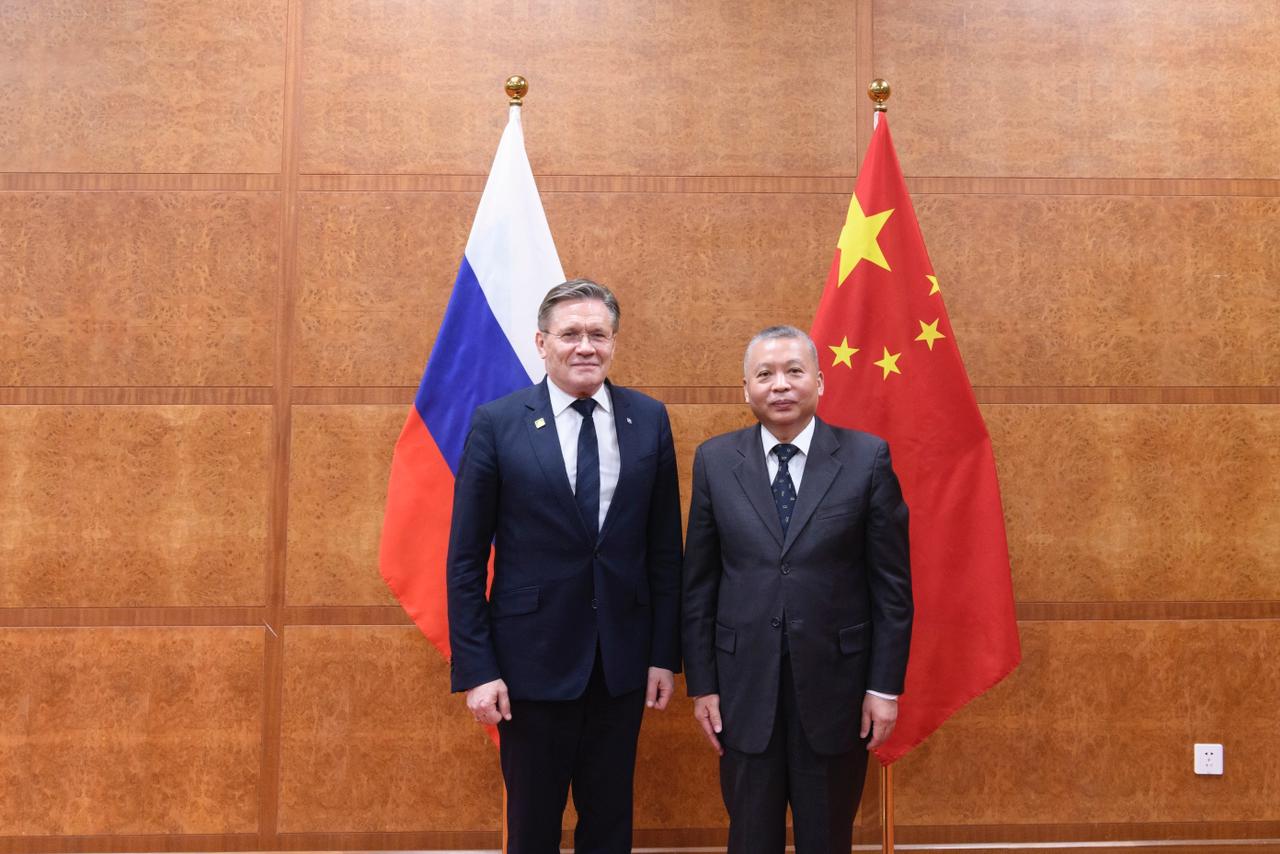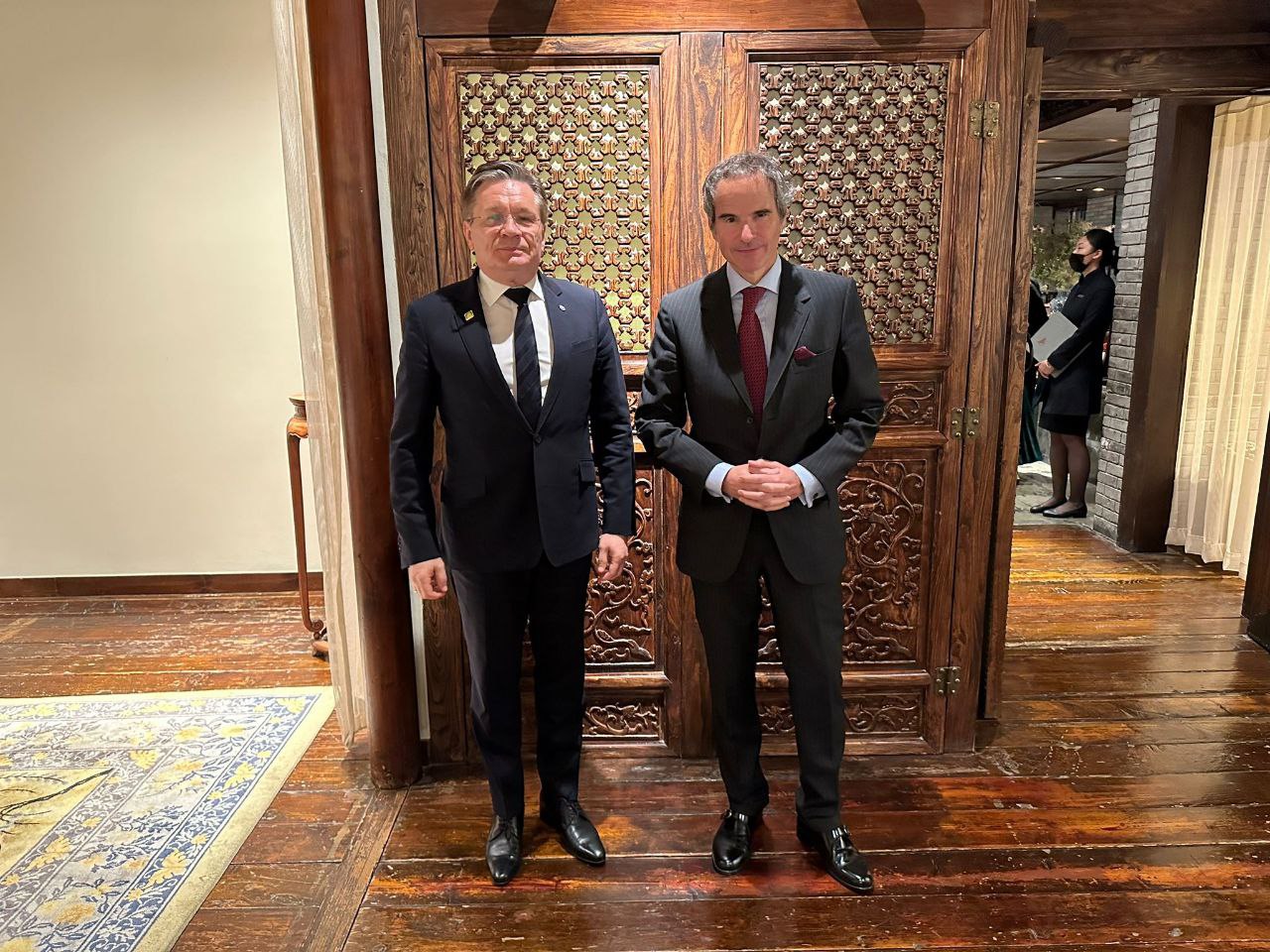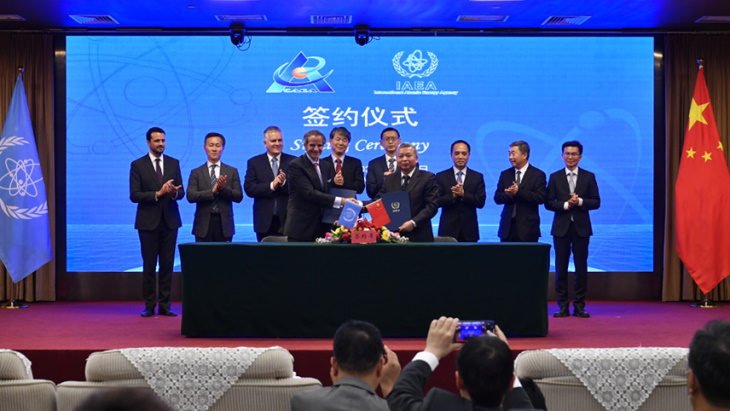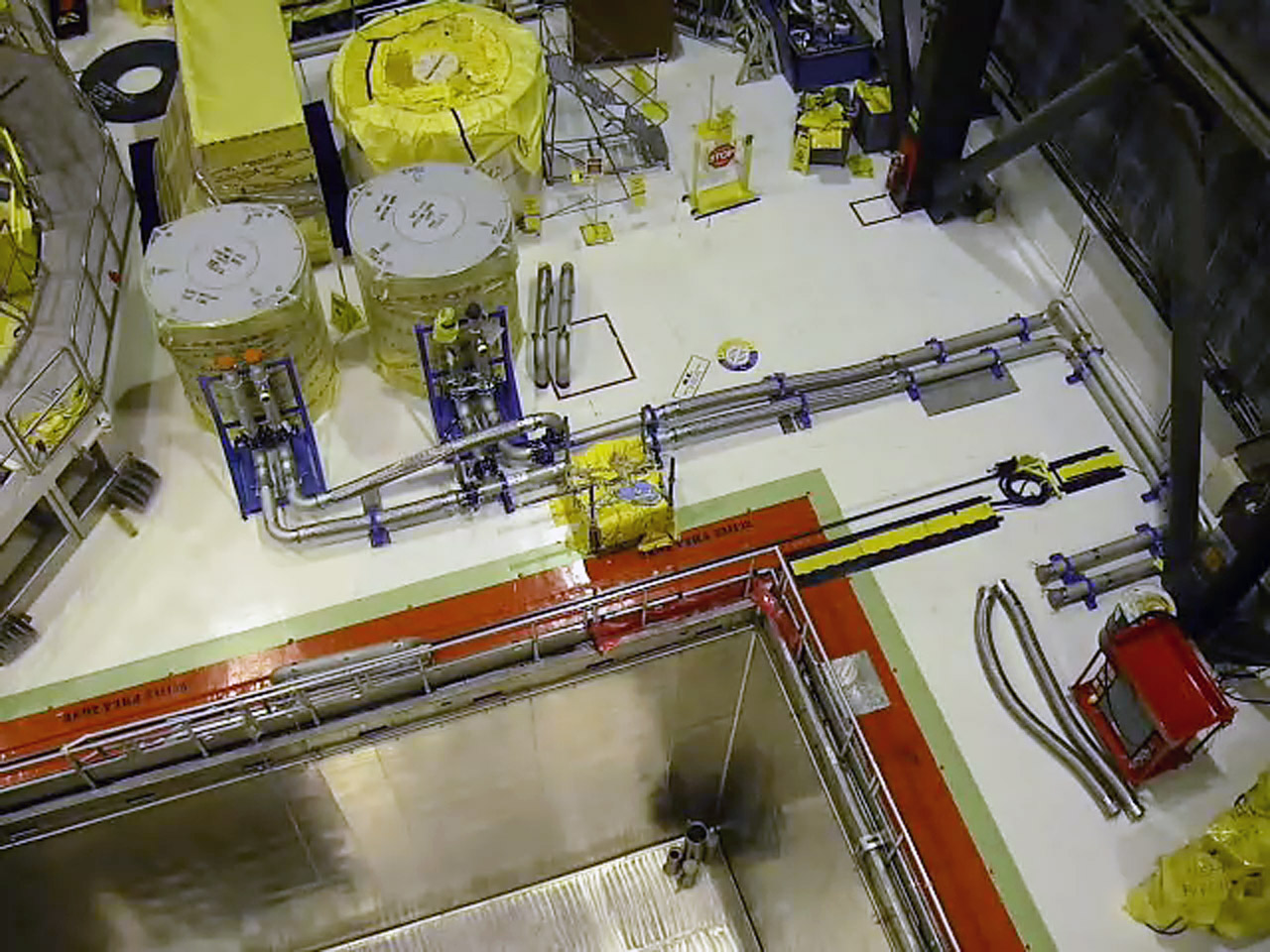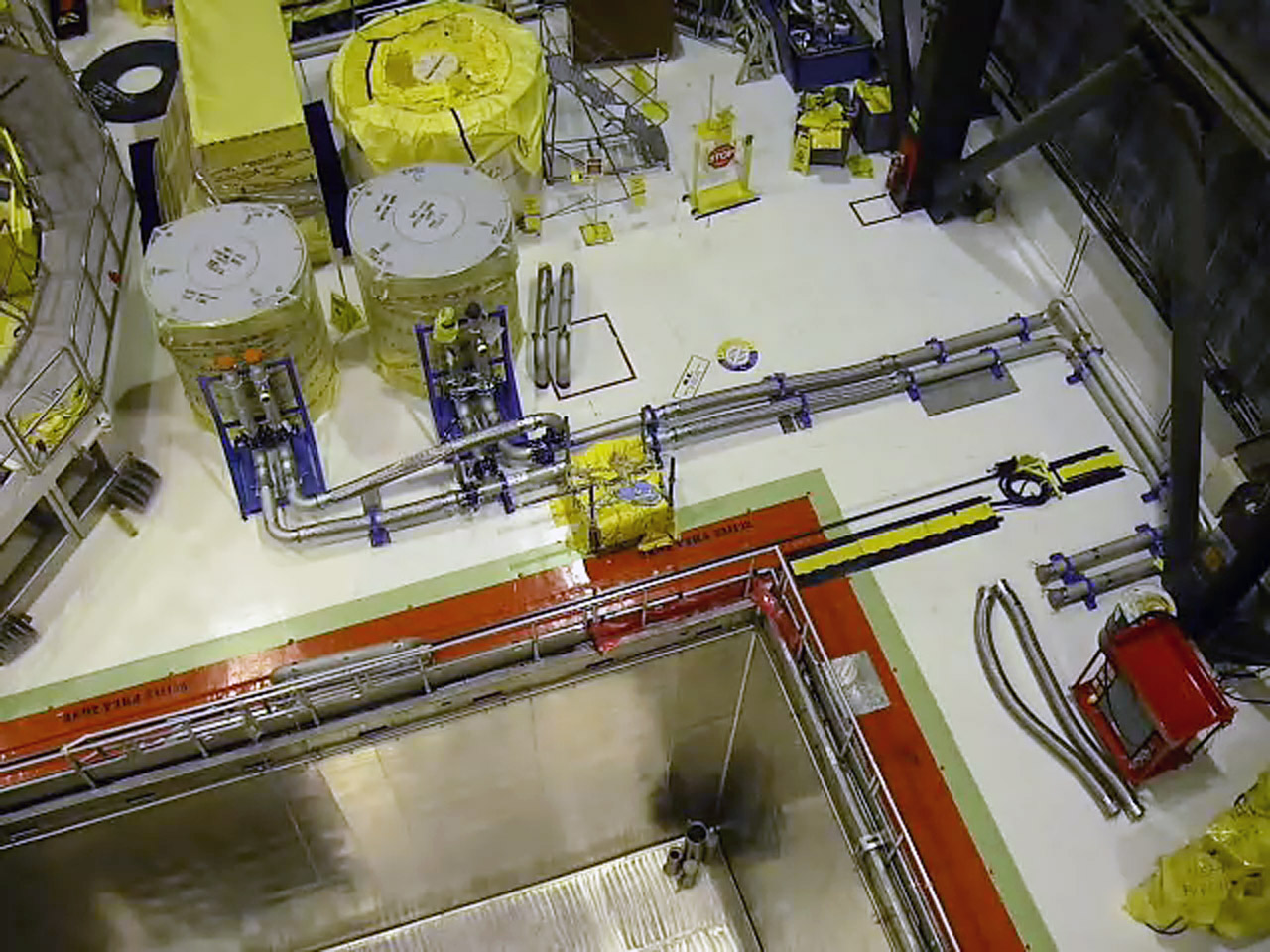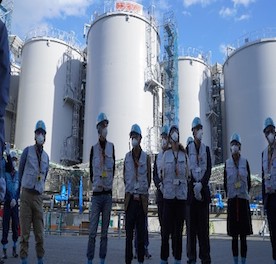Electricity generation in the country has been hovering between 3,000MW and 4,000 MW as a result of gas constraints, transmission line issues and low demand by electricity distribution companies.
Latest data obtained from the Nigeria Electricity System Operator showed that 3,617.5MW was generated as of 6.00 am on Wednesday, slightly higher than the 3,501MW produced the previous day.
The system operator put the nation’s installed generation capacity at 12,910.40MW; available capacity at 7,652.60MW; transmission wheeling capacity at 8,100MW; and the peak generation ever attained at 5,375MW.
The nation generates the bulk of its electricity from gas-fired power plants, while output from hydropower plants makes up about 30 per cent of the total.
The Minister of Power, Mr Sale Mamman, said in December that the Discos had not been distributing all the power wheeled to them on the pretence that the consumers were unable to pay for the power.
This, he said, necessitated the huge Federal Government’s subsidy intervention in the power sector by paying the generation companies for undistributed power.
He said the huge subsidy was an overbearing burden on the government, adding that over 2,000MW of electricity was not being distributed due to the failure of the distribution chain.
The distribution and generation companies carved out of the defunct Power Holding Company of Nigeria were handed over to private investors on November 1, 2013, following the privatisation of the power sector.
More than six years after the privatisation, the investors who took over the power firms that emerged after the unbundling of the Power Holding Company of Nigeria are still grappling with the old problems in the sector.
The sector is plagued with problems of gas supply shortages, limited distribution networks, limited transmission line capacity, huge metering gap, electricity theft, and high technical and commercial losses, among others.
The financial viability of the Nigerian electricity supply industry remains the most significant challenge threatening the sustainability of the power sector, according to the Nigerian Electricity Regulatory Commission.
The national grid, which is still fully owned and operated by the government, has continued to suffer system collapse over the years amid a lack of spinning reserve that is meant to forestall such occurrences.
Spinning reserve is the generation capacity that is online but unloaded and that can respond within 10 minutes to compensate for generation or transmission outages.
